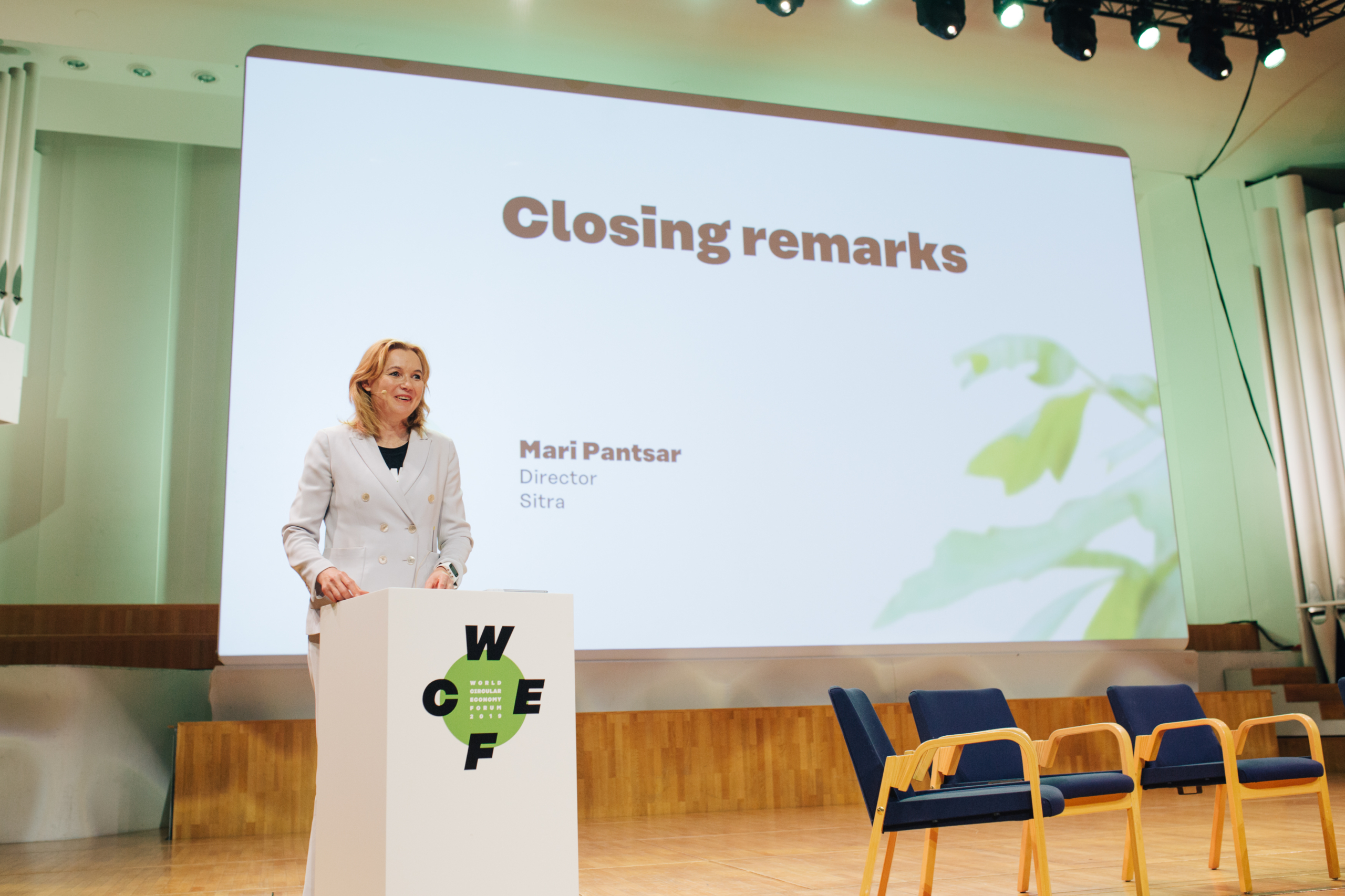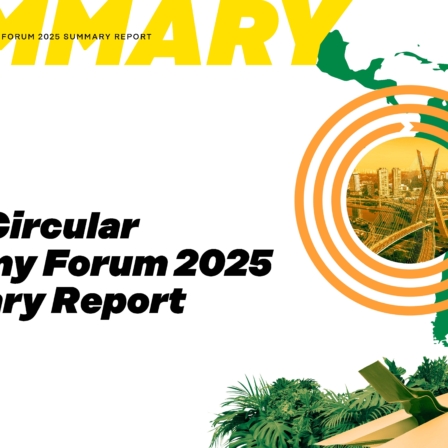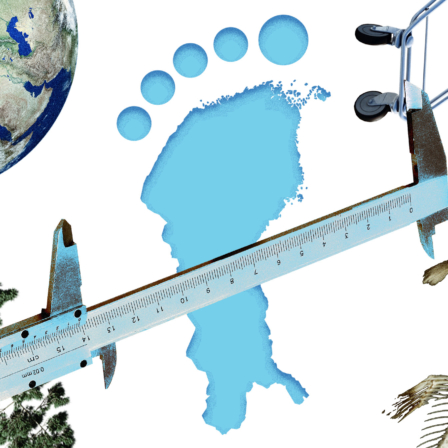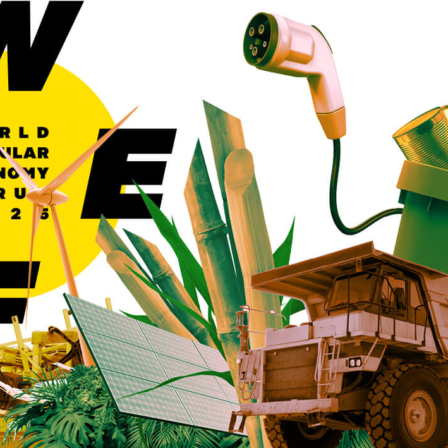Dear Friends,
What an incredible two days it has been!
My warmest thank you – our distinguished key-partners, our forum partners, our speakers and participants and our facilitators.
And, of course, the amazing Sitra team that once again made this all happen.
During the last two days we have had the chance to see old friends, meet new people and discuss the best ways to advance the circular economy globally. These encounters have been extremely valuable and critically important due to the great challenge we are facing.
This great challenge is that our world is encountering a deep, global sustainability crisis including three dimensions:
- the climate crisis;
- the biodiversity crisis;
- overuse crisis of natural resources.
In order to solve the climate crisis, global carbon dioxide emissions must be halved in 10 years. After 30 years, we must have achieved negative carbon dioxide emissions to keep global warming below the critical 1.5 degrees.
This requires almost a miracle.
With the biodiversity crisis we have even less time to act.
Our economic model today is deeply dependant on unsustainable use of natural resources.
According to the United Nations the extraction and processing of natural resources causes half of global air emissions, and 80 to 90 percent of biodiversity loss. Still only 9 percent of materials remain in circulation.
To counter this, the circular economy is the most powerful solution. We simply must make better use of materials that already exist in our societies instead of extracting more and more natural resources – which in turn causes more and more air emissions and kills off more and more species.
We must be better in adopting the circular economy tools and technologies to solve this challenge. They do already exist.
There are many good things happening around the world as we have heard during the Forum, but we are running against the clock. If we don’t run faster, we will lose the race.
We must reinvent our understanding of well-being and learn to appreciate nature once again.
Dear Friends, before humans used to see nature as a partner, and many indigenous peoples still do. Now we see nature as a resource that can be infinitely exploited and discarded after use.
Mankind is playing a kind of Jenga-game with nature. In Jenga the players take turns removing one block at a time from a tower constructed of wooden blocks. The game ends when the whole tower falls.
We, people, are continually taking blocks from nature and being pleased that the structure did not collapse during our turn.
But at some point, the final block will eventually be removed and the whole structure will fall.
We cannot let this happen.
This needs to change.
Every time we make a decision, we should evaluate what it means for nature and future generations. According to the “Great Law of Peace” constitution of the Iroquois people of North America, the effects of decisions must be evaluated for the next seven generations.
If a decision is made to use a river for fishing, what about the seventh generation of the community? What does the decision mean in terms of fish for them?
We should learn from the Iroquois people. Ensuring that the next seven generations will live on a planet that is not several degrees hotter and tormented by wildfires, hurricanes and droughts, means we must make the correct decisions today.
And we all have a role to play. We can adjust the way we get from one place to another, what kind of houses we live in and what we eat. We can ensure our governments have the long-term perspective in mind and elect responsible and ambitious leaders. And we can support businesses that offer circular solutions by buying their products and services creating employment and sources of income for the next seven generations.
Together we have the power to scale up the circular economy globally. And this gives us hope!
I am confident we can win this race.
I am most confident because of all of you, who have been working hard to make circular economy a reality all around the world.
Ladies and gentlemen,
We are about to close our event in Helsinki, but as was announced, the WCEF story continues and the fourth World Circular Economy Forum will be organized across the Oceans in Canada. I sincerely hope we will meet there next year.
Thank you very much!

















Recommended
Have some more.